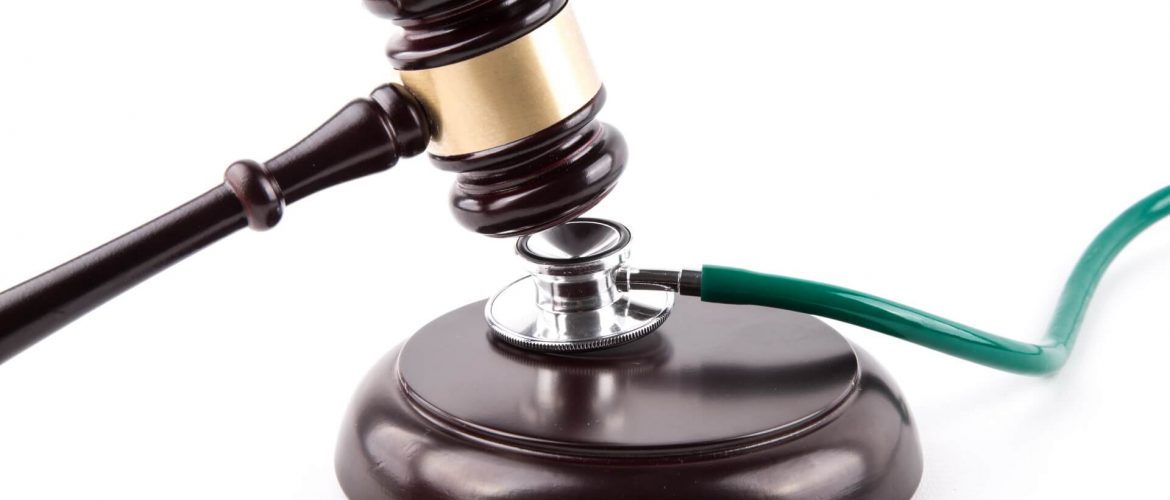Alleged Sexual Abuse in Nursing Home Being Investigated by NYS Health Department
After receiving a report of alleged sexual abuse in a nursing home, the New York State Health Department confirmed to news media that it was investigating. The alleged sexual assault occurred in the dementia unit of a New York nursing home about 4 a.m. on May 28.
The National Council on Aging (NCOA) defines elder sexual abuse as “touching, fondling, or any other sexual activity with an older adult, when the older adult is unable to understand, unwilling to consent, threatened, or physically forced.” There are also many signs and indicators that can indicate sexual abuse has occurred.
Current comprehensive data detailing the number of sexual abuse cases reported in a nursing home or assisted living center are difficult to find. However, the NCOA reported that between 2010 and 2015, about 230 nursing homes across the U.S. received citations for “failing to protect residents from such unspeakable acts.”
The Pennsylvania Coalition Against Rape (PCAR) provides these statistics:
- Women are 6 times more likely to be victims of elder sexual abuse.
- Only 30 percent of elderly victims of sexual abuse over age 65 report the abuse to authorities.
- About 83 percent of victims of elder sexual abuse reside in an institutional care center, such as a nursing home or assisted living center.
- The perpetrator of elder sexual abuse is the caregiver to the elder about 80 percent of the time.
Potential abusers most often target female nursing home residents suffering from dementia. Also, sexual abuse in a nursing home or assisted living setting is frequently observed by other residents or staff members.
A National Institute of Justice study claims that, “the older the victim, the less likely an offender will be convicted of sexual abuse.”
Compliance Perspective
Failure by a nursing home or assisted living center to protect residents against sexual abuse committed by another resident or a staff member may be considered provision of substandard quality of care in violation of state and federal regulations.
Discussion Points:
- Review policies and procedures regarding protection of residents against sexual abuse by staff or other residents.
- Train staff to recognize signs and indicators of sexual abuse, to be alert to potential sexual abuse by staff members or other residents, and about their obligation to immediately report any incident where sexual abuse is suspected to their supervisor or through the Hotline.
- Periodically audit by interviewing residents to determine if they have experienced or witnessed anyone committing sexual abuse, and review sexual abuse complaints that have been reported to ensure that those reports are being investigated.














































































